The Jean Pigozzi African Art Collection
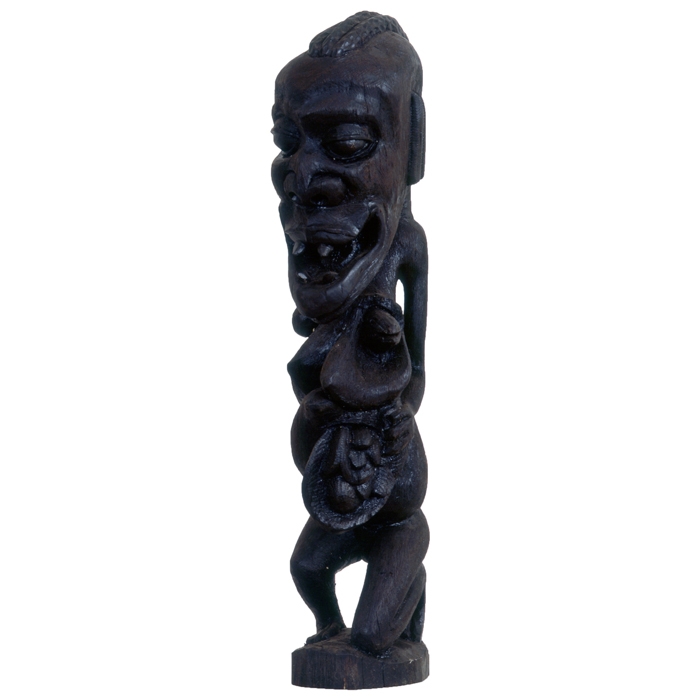
Untitled - 1990
70 x 16 x 22 cm
Sculpture in ebony
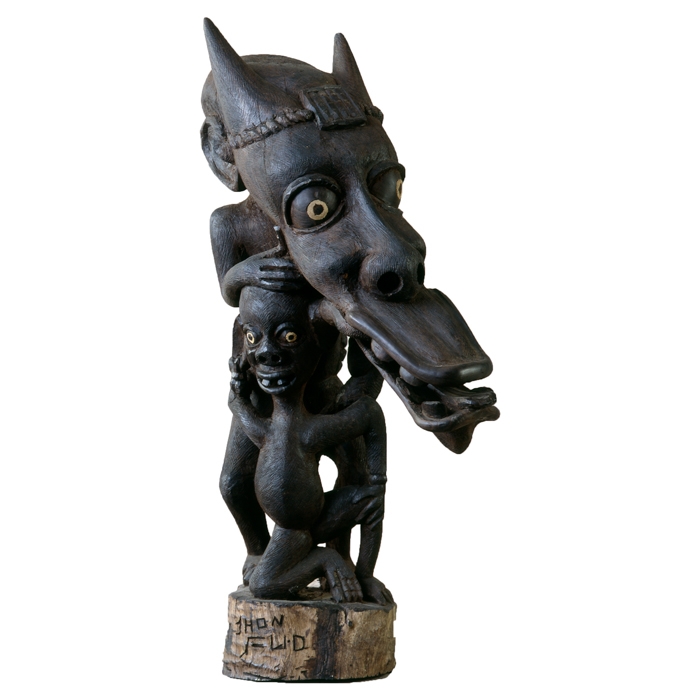
Untitled - 1990
72 x 42 x 20 cm
Sculpture in ebony
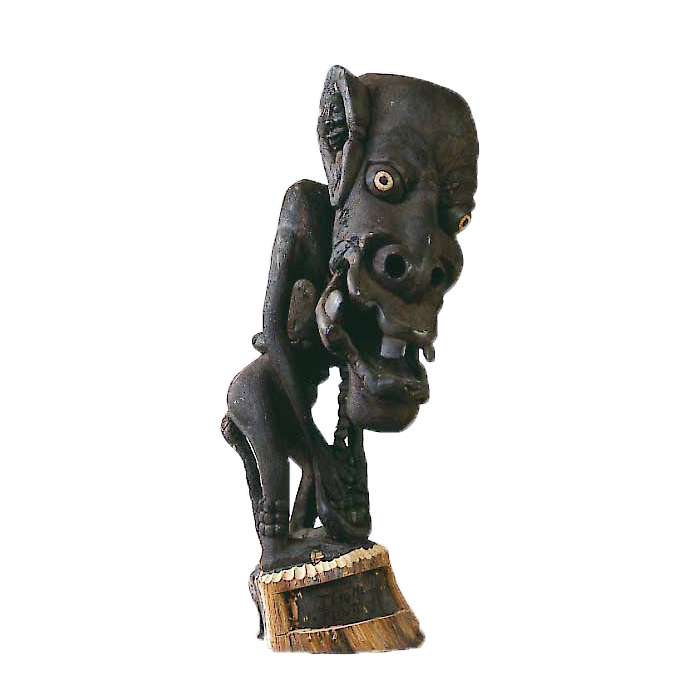
Untitled - 1990
74 x 30 x 36 cm
Sculpture in ebony
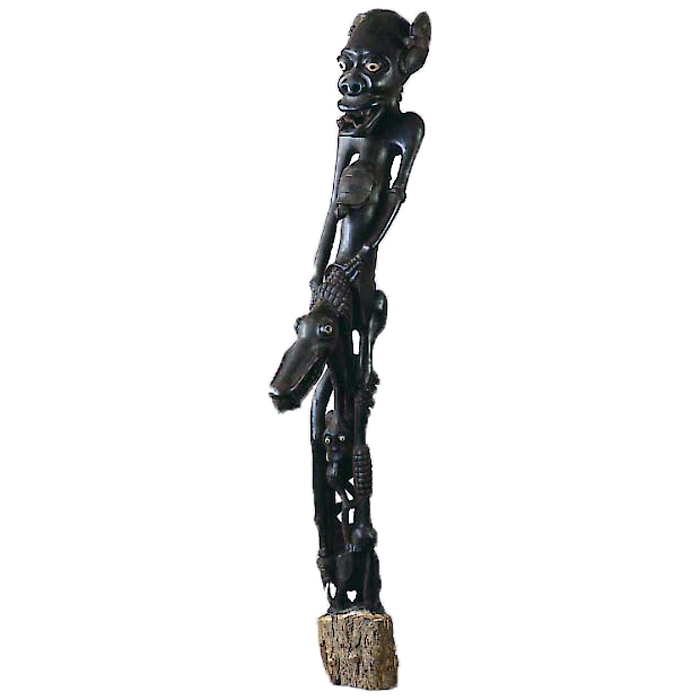
Untitled - 1990
161 x 23 x 50 cm
Sculpture in ebony
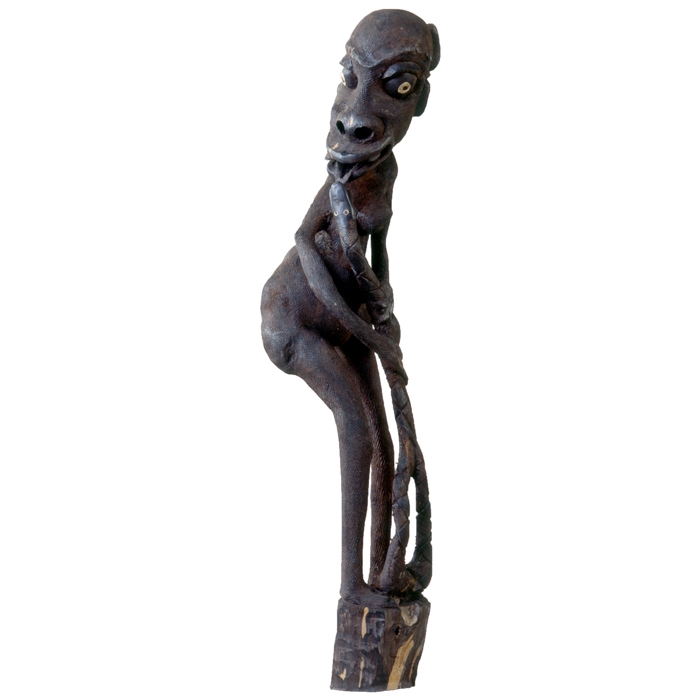
Untitled (View 1/2) - 1990
65 x 18 x 17 cm
Sculpture in ebony
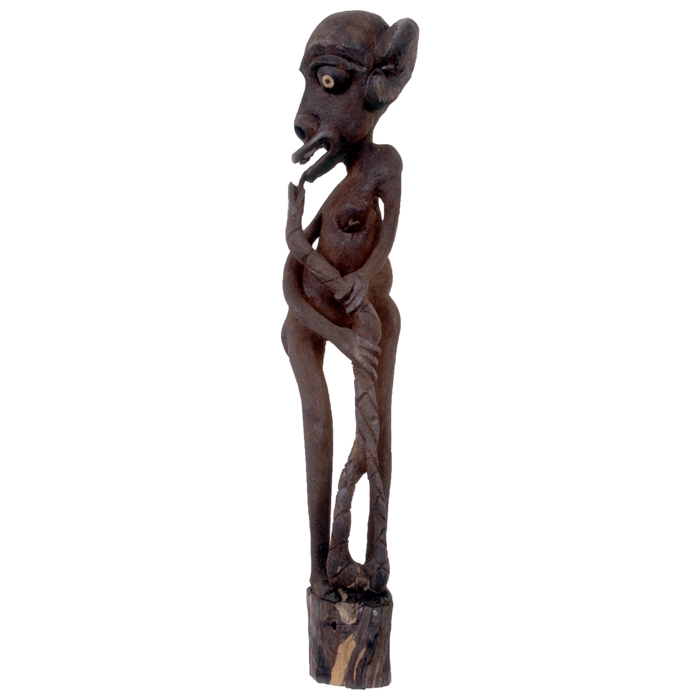
Untitled (View 2/2) - 1990
65 x 18 x 17 cm
Sculpture in ebony

ALIWE DINJERE - 1990
65 x 18 x 37 cm
Sculpture in ebony
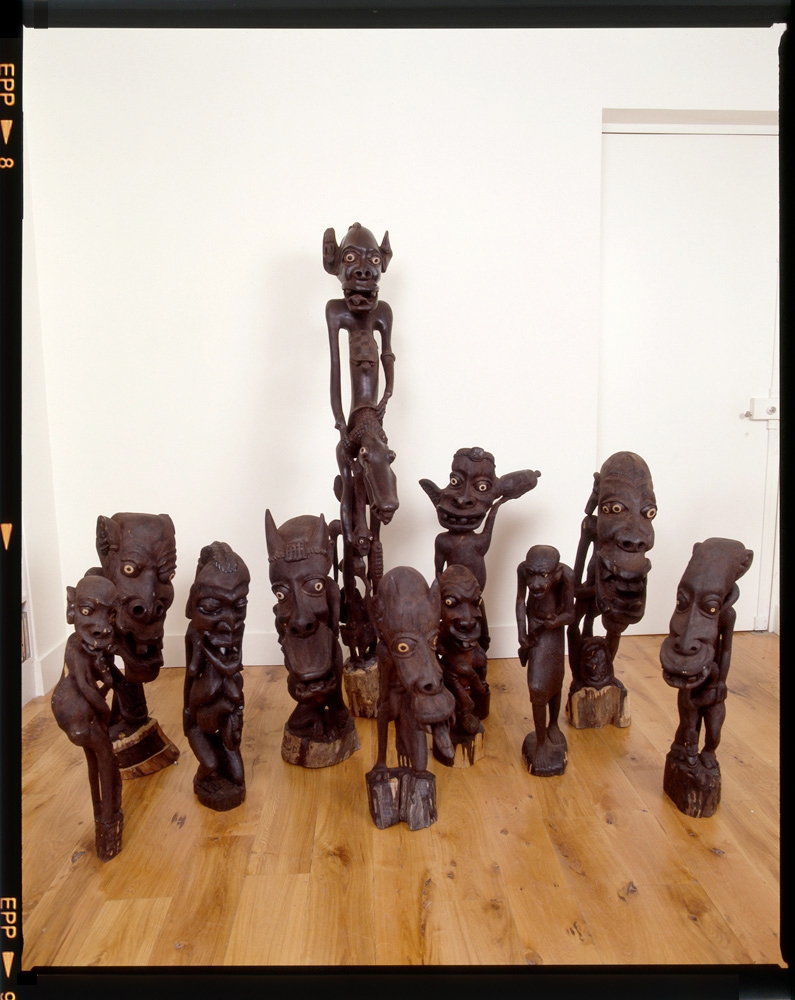
In Situ -
John Fundi sculptures side by side

RIKANGOPA - 1990
82 x 33 x 33 cm
Sculpture in ebony
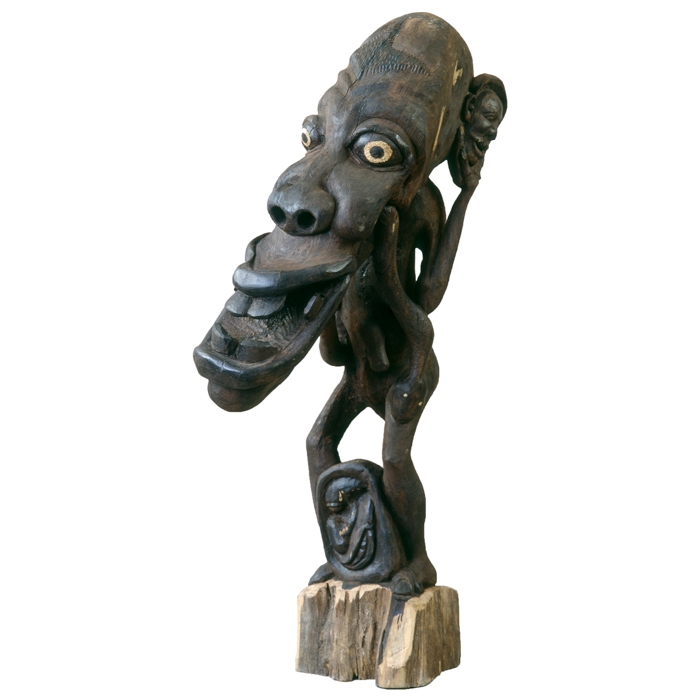
RIKOKO RIDIOKO - 1990
87 x 18 x 42 cm
Sculpture in ebony
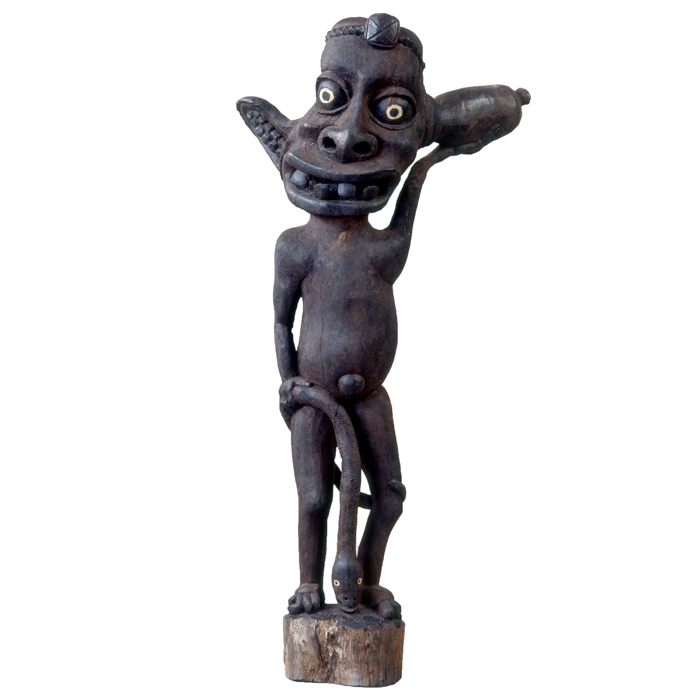
SINDAMAMA - 1990
89 x 22 x 42 cm
Sculpture in ebony
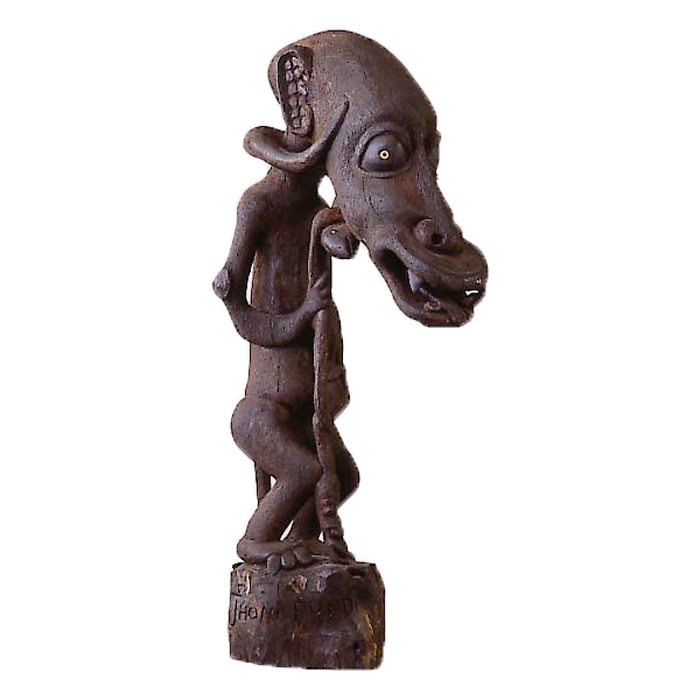
Untitled - 1990
69 x 18 x 32 cm
Sculpture in ebony

Untitled - 1990
70 x 16 x 22 cm
Sculpture in ebony

Untitled - 1990
72 x 42 x 20 cm
Sculpture in ebony

Untitled - 1990
74 x 30 x 36 cm
Sculpture in ebony

Untitled - 1990
161 x 23 x 50 cm
Sculpture in ebony

Untitled (View 1/2) - 1990
65 x 18 x 17 cm
Sculpture in ebony

Untitled (View 2/2) - 1990
65 x 18 x 17 cm
Sculpture in ebony

ALIWE DINJERE - 1990
65 x 18 x 37 cm
Sculpture in ebony

In Situ -
John Fundi sculptures side by side

RIKANGOPA - 1990
82 x 33 x 33 cm
Sculpture in ebony

RIKOKO RIDIOKO - 1990
87 x 18 x 42 cm
Sculpture in ebony

SINDAMAMA - 1990
89 x 22 x 42 cm
Sculpture in ebony

Untitled - 1990
69 x 18 x 32 cm
Sculpture in ebony
John Fundi
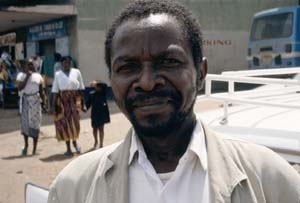
John Fundi was born in 1939 in Mueda (Mozambique), he died in 1991 Chanika (Tanzania).
The Makonde are a Bantu people who inhabit the arid highlands of northern Mozambique and southern Tanzania. They worship their ancestors, especially their mothers. Their traditional sculpture, deeply related to religion, goes back to the distant past. Once the colonial period was over, this sculpture came to be treated as an art form. The Makonde from Mozambique played a major role in this evolution, freeing the sculpture from its links with ancestor-worship, enabling local artists to develop a more personal and creative style.
The decade from 1950-1960 saw the development of artisans to boost tourism. However, a small number of exceptional artists left to settle in Tanzania where they started to work with an especially hard ebony, named 'mpingo' in Swahili, and radically changed the traditional forms. Samaki, Jacobo, Madanguo, Dfastani, Kashimir, Matei, Anangola, John Fundi and other artists created and perfected 'shetani'and 'Ujama'styles. It was in Tanzania, working in the 'shetani' style, that most of J. Fundi's work was done. 'Shetani' sculpture focuses on possession cults, where good and evil spirits vie* to give access to the realm of the supernatural.
It is not easy to characterize the work of "Johnny Walker", John Fundi's favorite nickname playing on the ambiguity between the Scotch drinker and the celestial traveler. When asked what his inspiration was, he liked to answer that he suspected that his mind escaped at night to take part in secret meetings. Marked by a restless and fantastical personality, his work describes the good and bad spirits that are invariably sent into the world with a kind of deformity - the latter referring to sexuality in a symbolic and poetic way.
SELECTED SOLO EXHIBITIONS :
2002
John Fundi
Mamco, Musée d'art moderne et contemporain, Geneva, Switzerland
SELECTED GROUP EXHIBITIONS :
1991
Africa now : Jean Pigozzi Collection - Groningen : Groninger Museum
1989
Magiciens de la terre - Centre Pompidou - Paris - France
1988
Magie noire Magie Blanche - Centre Pompidou - France
SELECTED BIBLIOGRAPHY
2013
L'art du Large, Jean-Hubert Martin, Flammarion 2013, page 209
1996
Contemporary Art of Africa. p.31-33 text in English.
Text by André Magnin, Edited by André Magnin & Jacques Soulillou.
Publisher Harry N. Abraams, New-York.
1991 - 1992
Africahoy Africa Now
Gran Canary Island, Las Palmas Spain.
Groningen, Holland.
Atlantic Center of Modern Art, Mexico
Exhibition catalogue, bilingual texts: Spanish, French
1989
Magiciens de la Terre
Exhibition catalogue. Jean-Hubert Martin, Mark Francis, André Magnin et al.

